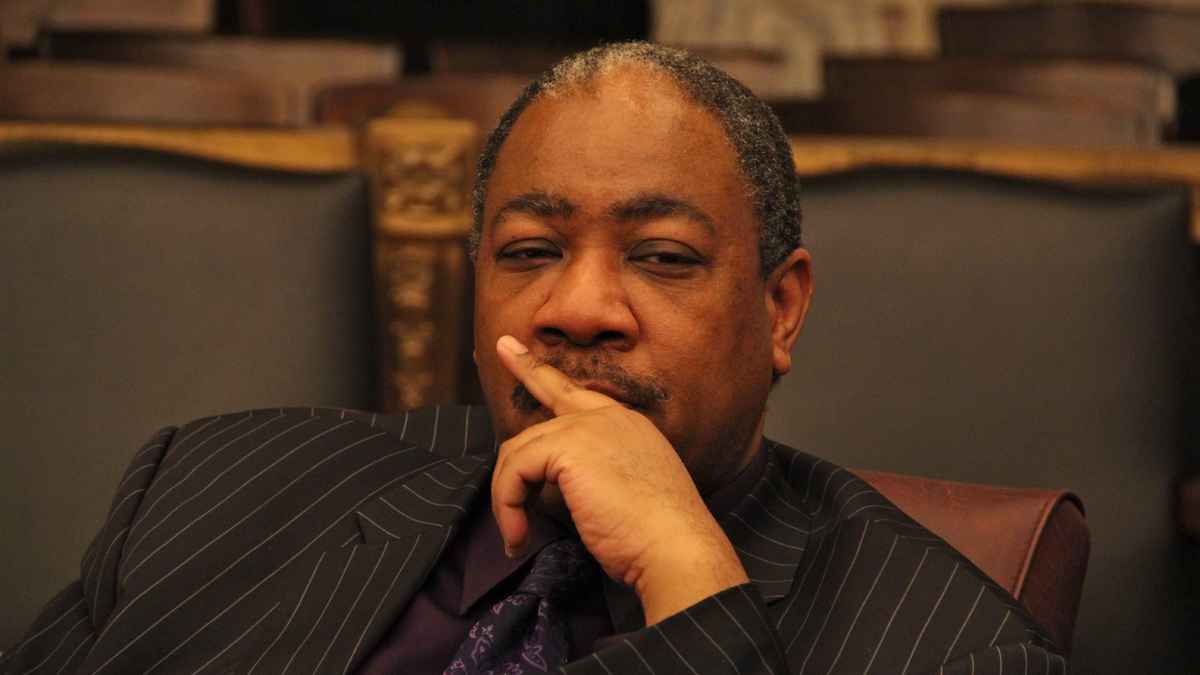Councilman says schools should decide whether 10-year abatement applies to school taxes

At-Large Councilman Wilson Goode, Jr., will introduce a bill in City Council Thursday allowing the School Reform Commission to decide whether the city’s 10-year real estate tax abatement should apply to school taxes, which make up about 55 percent of property taxes in Philadelphia.
The 10-year abatement is currently available to developers and homeowners as a way to offset the cost of both new construction and improvements to existing property.
Goode’s bill amends the program to separate out the city’s portion and the schools’ portion of the property tax, and treats the School Reform Commission and the city as separate taxing authorities.
Starting in July of next year, it would authorize the SRC to either approve the continued abatement of the schools’ portion of the taxes or remove that portion from the abatement from the program.
If the bill were to pass, and the SRC opted to eliminate its portion from the abatement, then a project that is currently eligible for a tax abatement of $100 would only be eligible for an abatement of $45. The bill would only apply to applications submitted on or after July 1, 2014. No properties currently under abatement would be affected.
Goode had previously introduced a bill that would unilaterally eliminate the school’s portion of property taxes from the abatement. He has also introduced bills over the last year that would shorten the length of the tax abatement, which has been credited for spurring the development of Center City and the surrounding neighborhoods since its adoption in the mid-1990s.
Goode said on Wednesday that he would allow his earlier bill, removing the schools’ portion of the tax from the abatement program, to move ahead alongside the bill he’ll introduce on Thursday. He said that in the case of Tax Increment Financing (TIF) and Keystone Opportunity Zones (KOZ), two other types of tax breaks available to certain new development projects, the School Reform Commission already gets to opt in or opt out on a project-by-project basis.
Over the summer, the School District underwent mass layoffs in order to make up for a $300 million budget shortfall, and many schools are currently operating with little more than a principal and teachers.
“This is actually, for me, a matter of two things,” said Councilman Goode. “One, what the state law says in terms of whether the School Reform Commission should legally have to weigh in [on the abatement], and, two, whether the SRC in these extreme circumstances should weigh in anyway.”
WHYY is your source for fact-based, in-depth journalism and information. As a nonprofit organization, we rely on financial support from readers like you. Please give today.



